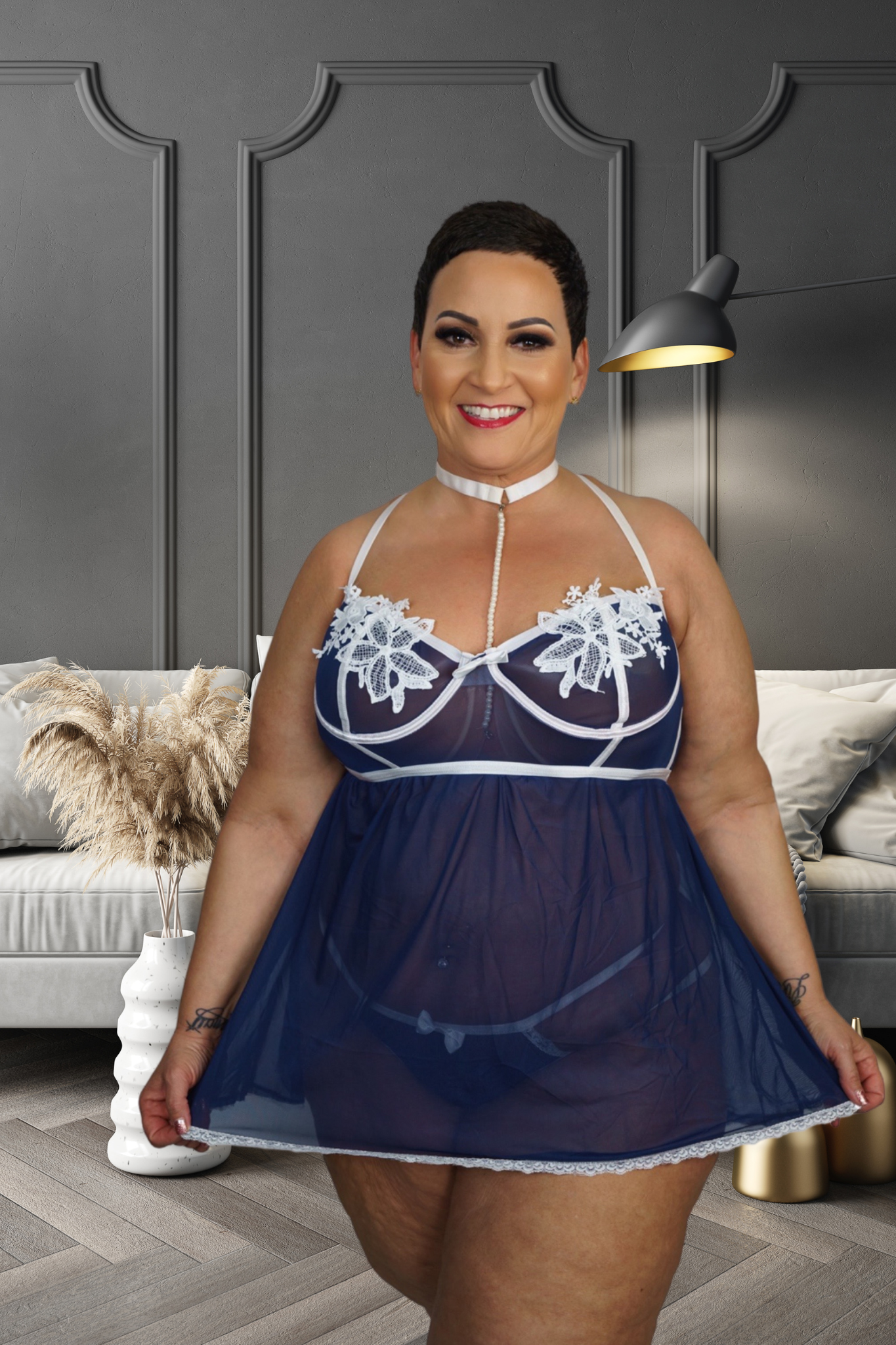Body positivity on social media continues to grow in popularity and reach, but research examining its content and impact continues to be limited. Various popular newspapers, such as USA Today, as well as online blogs, suggest that the body positive movement is admirable, but does not liberate women, and they question whether body positivity is for everyone. One of the arguments found in these articles is that body positivity puts new pressure on women to “love” their bodies and that pressure may make them feel worse if they do not love their bodies (Oltuski, 2017). Another criticism is that, despite positive messages about the body, such content still focuses on appearance, and therefore, by continuing to focus on the physical body, it may perpetuate the underlying problem of focusing on imperfections that drive negative outcomes for individuals with body types that are not typically idealized. In fact, when Cohen et al. (2019) conducted a content analysis of body-positive posts on Instagram, they found that nearly 32% of the images in which people appeared depicted bodies in very revealing clothing, and 34% included objectification that focused on a specific body part and was sexual suggestive as attested in a body pose or head or face not clearly visible. Compared to so-called fitspiration and thinspiration content, however, body positive content featured a significantly lower frequency of sexually suggestive objectification. Still, researchers such as Webb (2017) continue to question whether emphasizing the body in body positive circles simply continues to reinforce the bias toward appearance over other attributes.
To address the question of bias reinforcement, Cohen et al. (2019) conducted an experimental study to examine the impact of viewing body-positive Instagram posts on young women's body image and moods. Study participants were randomly assigned to view body positive, slim idealizing, and appearance neutral Instagram posts. Results demonstrated that, among young women, brief exposure to body-positive Instagram posts were associated with improvements in body satisfaction, body esteem, and mood when compared to slim idealizing and appearance-neutral posts. Results also demonstrated that exposing participants to both slim ideals and body positive posts were correlated with increased self-deprecation compared to posts that were appearance-neutral. Thus, this preliminary study suggests that viewing body-positive images is associated with improved positive body image and mood, contradicting the criticism that it makes women feel worse (Oltuski, 2017); however, exposure to body-positive images is still correlated with valuing appearance over other human qualities, as shown by Webb et al. (2017).
Objectification theory by Fredrickson and Roberts (1997) suggests a society that sexually objectifies women's bodies encourages women and girls to objectify themselves. Self-objectification means seeing oneself as an object to be judged by others according to one’s physical appearance. As explained by the aforementioned authors, objectification theory describes many negative psychological consequences of self-objectification that women unfairly experience such as body shame, anxiety with their appearance, eating disorders, and even sexual dysfunction. In 2019, Cohen et al. performed an experiment in which participant’s level of objectification was measured in a sentence completion test in which sentences began with first-person reflection: “I am _____”. When responses related to appearance, such as body size and body shape, participants were most likely to self-objectify. Women made more statements related to their appearance after they viewed slim-idealistic or body-positive posts when compared to posts that were appearance-neutral (Cohen et al, 2019). However, participants who viewed posts that were body-positive made more positive statements about their appearance than those who viewed posts that put the focus on idealistic slim bodies.
Instagram, a photo-based platform, still has body-positive content and contains revealing images of women's bodies that focus on appearance (Cohen et al, 2019), and viewing it is, according to objectification theory, leads to negative outcomes. Regardless, this study indicates that exposure to a series of body-positive posts on Instagram is associated with two seemingly conflicting outcomes, improved body evaluation and elevated self-objectification. It is obvious that future research is needed to further understand these complex effects. Future research could, for example, explore how women experience body appreciation and self-objectification after being exposed to body-positive posts using ethnographic methods that better address not only the complexity of seemingly contradictory results, but also address how these affects are conditioned by age, race, and ethnicity.



